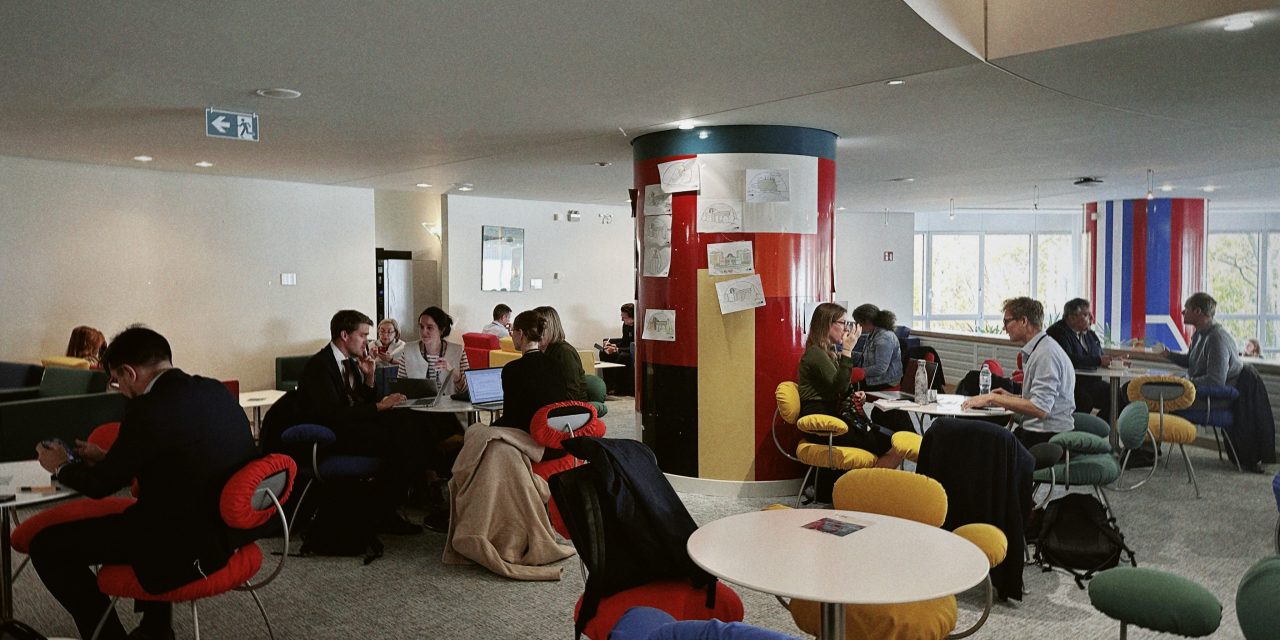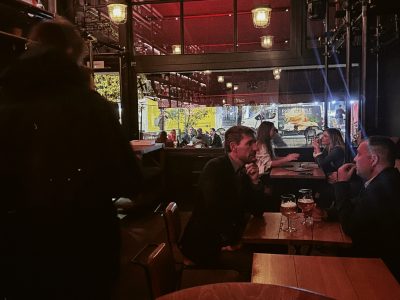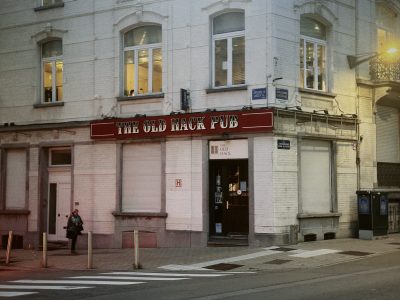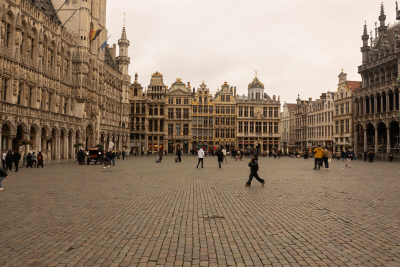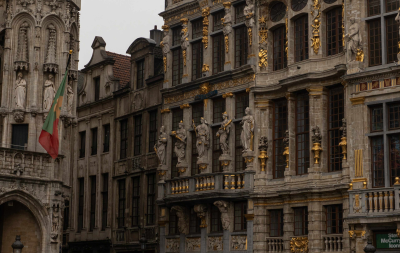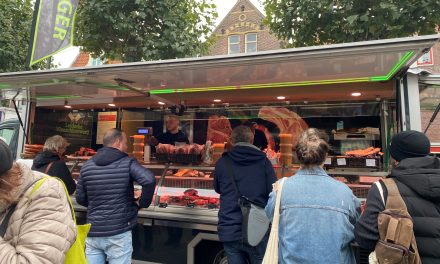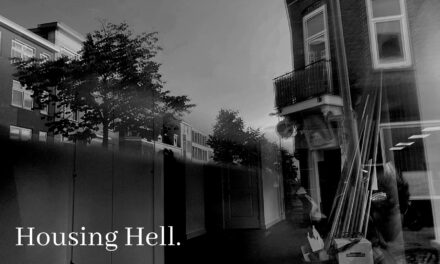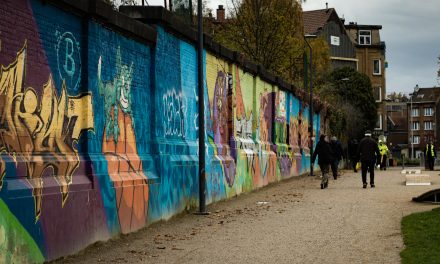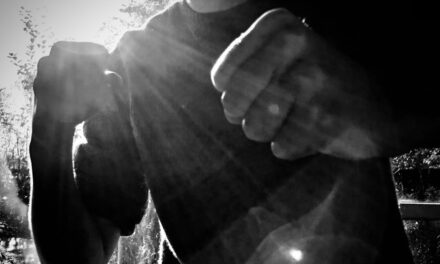A few steps away from the glass buildings of the European Parliament, conversations happen that rarely make it into official records. They unfold in cafés and bars, over coffee or beer, in places that feel far removed from the political chaos surrounding them. Yet for many journalists, trainees, staffers and lobbyists in the EU Quarter, these cafés and bars are essential for getting inside the “Brussels Bubble”.
At a small Greek family café near the Parliament, the routines are almost predictable. “Many people in suits come here,” the owner tells me with a smile. “But not every day, it depends. Sometimes they are in Strasbourg.” Politicians themselves rarely pass through, she says. It is usually their teams, assistants and staffers grabbing a quick bite or meeting someone between two votes. The café is run by a mother and her children, a quiet reminder that behind the bureaucratic façade, Brussels is filled with immigrant families who have built their lives next to Europe’s political heart.
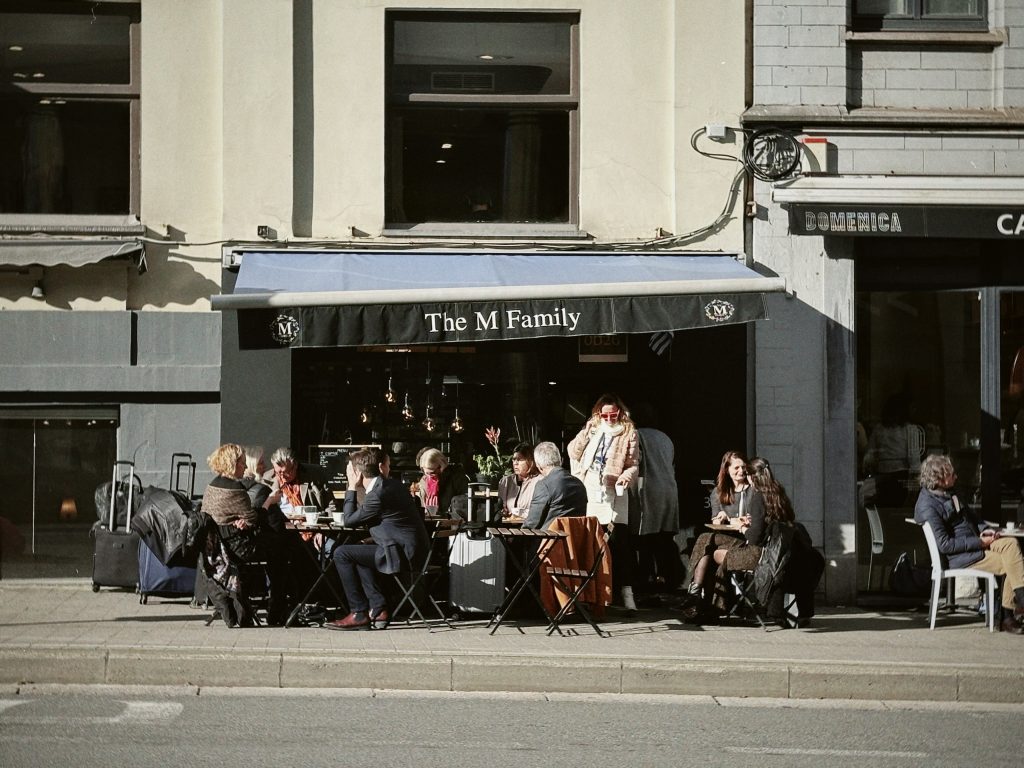
Compared to the family-run café, the Mickey Mouse Café inside the European Parliament feels far more serious, full of people in suits actively engaging in conversations. I find it striking that the only café in one of Europe’s most serious institutions is named after a Disney character. The chairs resemble Mickey’s ears and there is a large painting of Mickey Mouse right outside. Another explanation comes from Margaret Thatcher, who once called the European Parliament a “Mickey Mouse Parliament”.
It is here that I meet Ioannis Angelos Karanasios, a trainee working for a Member of the European Parliament. For him, meeting in cafés is simply part of how politics works. “Politics is all about interaction,” he says. “You cannot act in a vacuum. If you don’t get advice, opinions or challenges from others, then you’re not in touch with the people you represent.”
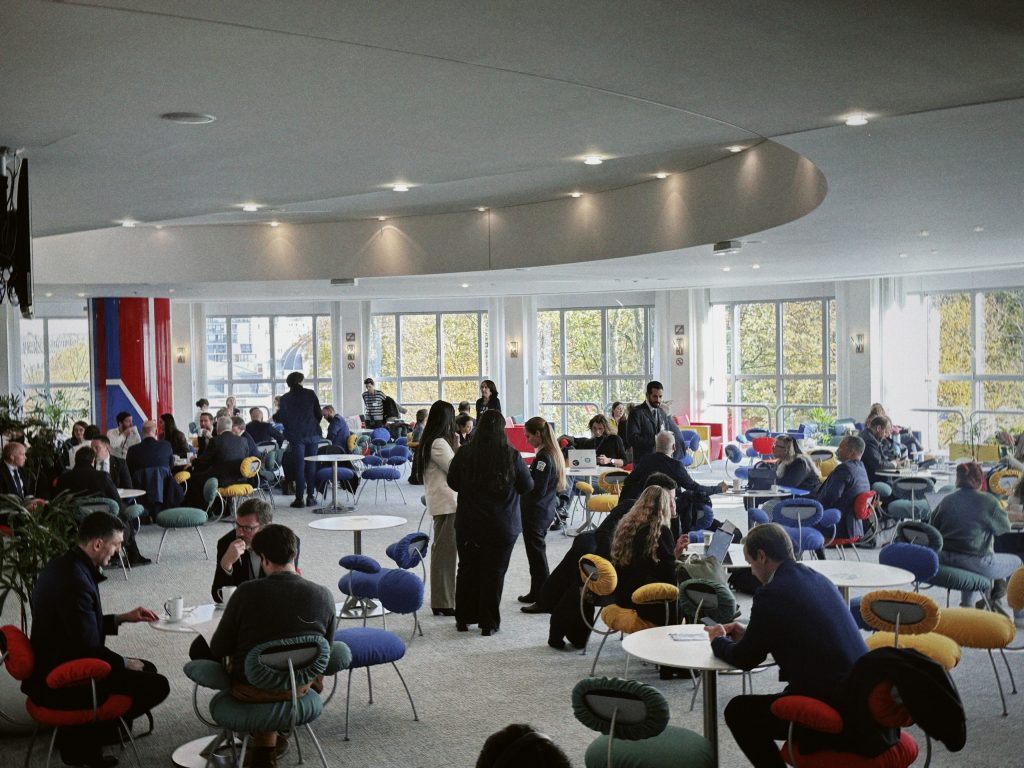
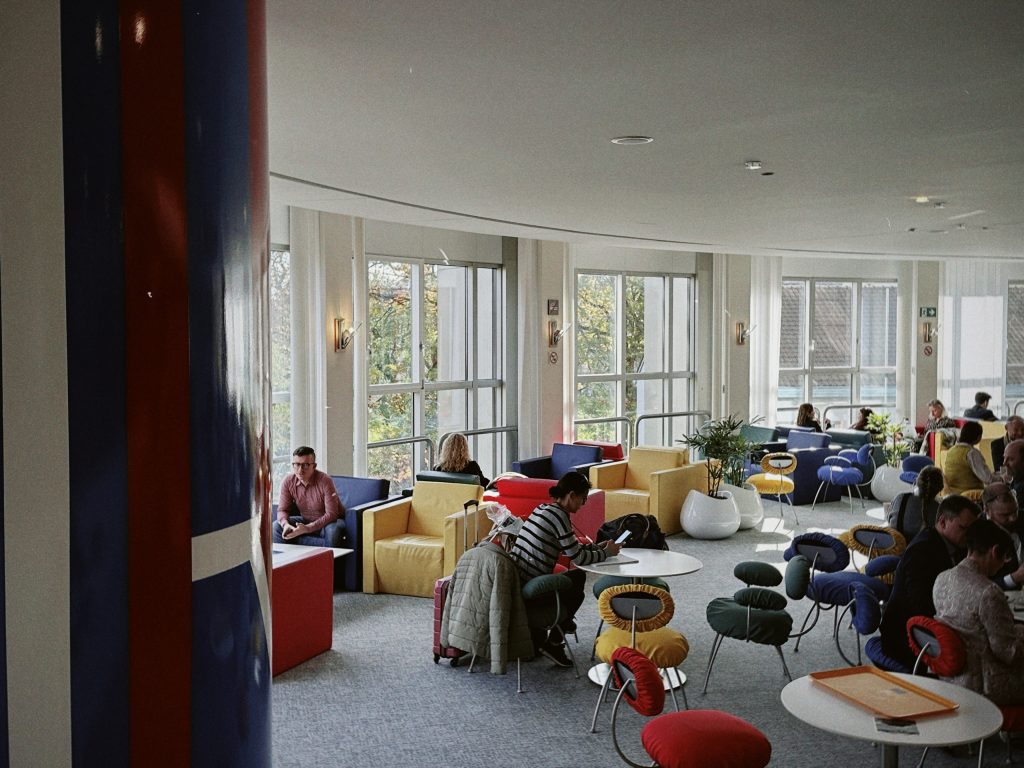
Coming from Georgia, where informal meetings between politicians and journalists often raise suspicion, I ask whether this café culture ever crosses ethical boundaries. He shakes his head. “Corruption starts at a different level,” he says. “A coffee isn’t corruption. What matters is the framework, transparency, impartiality, financial interests. A conversation itself is neutral. What you do with it isn’t.”

A Brussels-based journalist I speak to describes the café scene even more straightforwardly. “I think it is very common and normal to meet in cafés around Schuman for a big share of actors in the EU bubble. At least it has become very usual for journalists.”
For her, the reasons are both practical and political. “The meetings happening in cafés are mostly between people who are not working for the same institution or organisation at all. It can therefore be very practical to meet in a neutral place.” Many encounters are intentionally informal, meant for “collecting so called ‘background off the record’ information,” whether journalists seeking insight or stakeholders trying to understand each other’s dynamics. “In any of those cases, you want to create an atmosphere that is more comfortable than an office could be,” she says. “And all the interaction around makes that the talks will always be less formal and framed.”
Does the setting influence how people interact? “It surely does but this is the main point. Trying to create the atmosphere that will give you access to deeper information.”
As for ethical concerns, she hasn’t encountered many. “The question could arise about who pays for the drinks. But it has been very natural in all the cases I take part to.”
In a bubble that can feel closed to anyone on the outside, the cafés of Brussels quietly become the places where you finally get let in. At least that’s how I felt.
